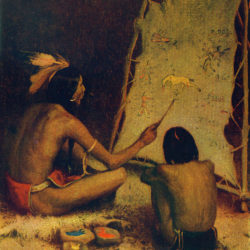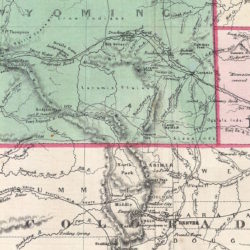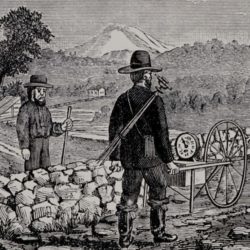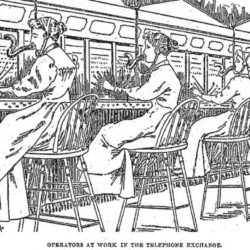In July 2012, the SRMA Board authorized a two-year Task Force to explore the formation of a regional oral-history association that would include Colorado and Wyoming. The Task Force mission is to confirm the interest in, need for, and feasibility of a regional oral-history association. SRMA is providing financial support for annual workshops, with the understanding that profits may be used as seed money to start the regional association.
For more information about the Task Force and its activities, contact co-chairs Kate Legg and Cyns Nelson: klegg@ucar.edu or cynsnelson@voicepreserve.org



